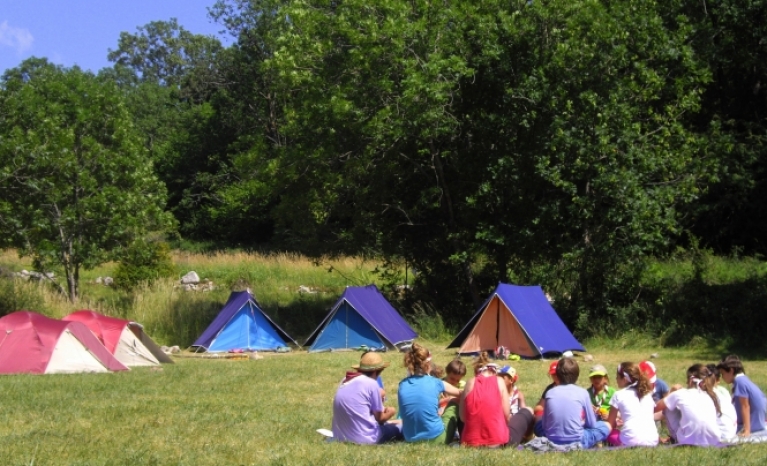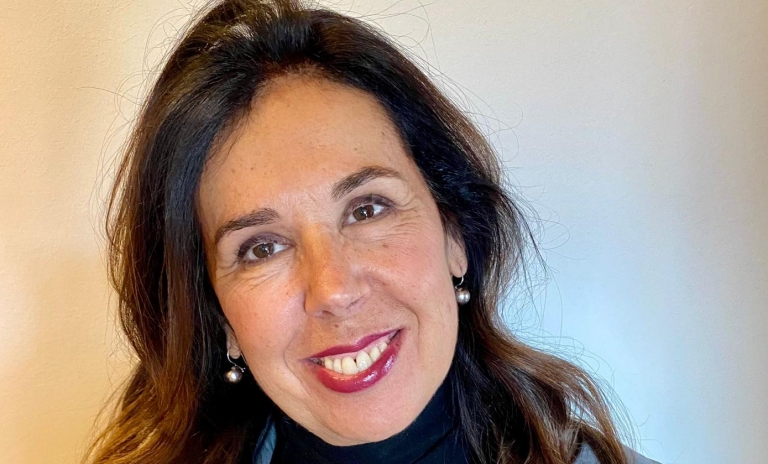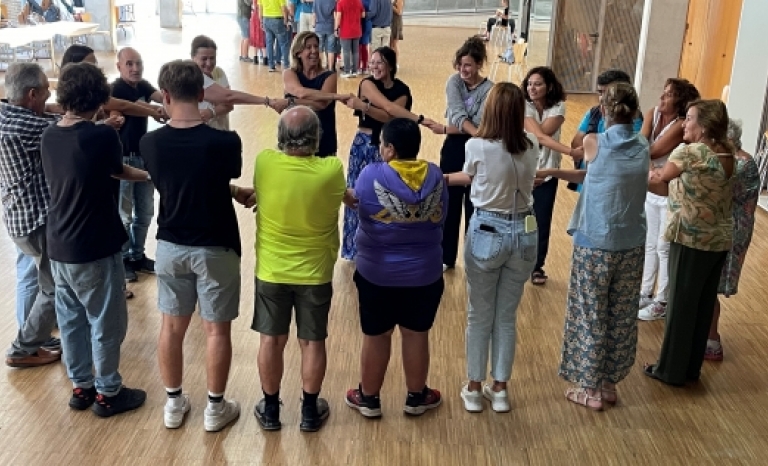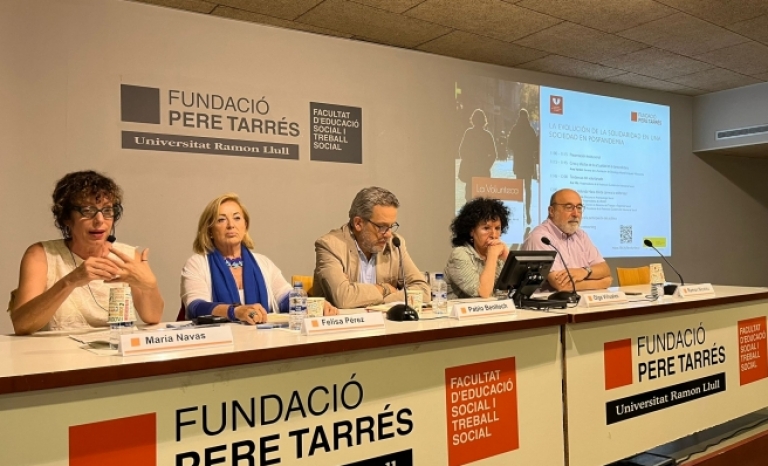Samia Fitouri, communications manager of WOSM, talks about the role of Scouts during the pandemic and how summer camps will adapt to the new health rules.
How has the Covid-19 affected the Scouting World and their activities?
All physical activities had been suspended. These include Scouting activities as well as training, planning and all supporting activities in general. Scouting from home emerged and has been established as the new norm. It has offered new opportunities for members during the confinement period.
Additionally, Scouts mobilized to join community volunteering projects and provide support to the local healthcare facilities, the elderly and other vulnerable societal groups.
Can you give us some examples?
Across the board, online workshops were organized focusing on mental health, inclusion of Scouts with fewer opportunities and raising awareness on online safety and our contribution to the implementation of the SDGs. For instance, Belgian Scouts making use of mobile phones to include Scouts without access to a personal computer and UK Scouts used educational materials to help parents with home-based activities.
What about the humanitarian response?
From Iceland to Greece, Scouts mobilised to support their community. For example, Scouts in Italy, Poland, Ireland and Luxembourg organised home grocery delivery to the elderly and other high risk groups.
Scouts in Czechia and Turkey organised mass face mask and visors production and Scouts in France joined the civil defence volunteers groups to offer assistance to healthcare personnel in monitoring access to healthcare community centres or make their Scout Centre available for other non-profits supporting families affected by domestic violence.
Talking about the future, do you think that it would be possible to organize summer camps this year?
Since mid-May and consistently in alignment and cooperation with the health authorities, summer camps (with clearly-detailed restrictions namely in terms of group sizes) have been allowed in the majority of countries. Some will not be planning the usual Camp set-up but organise regular activities across the summer.
Scouts have joined other youth civil society organisations to advocate for a fair and safe return to physical activities.
Why do you think that it is important that young people can participate in summer camps this year?
Non-formal educational activities are crucial to boost young people’s well-being especially following long months of confinement that have affected their mental health situation. According to OECD’s newly-released paper, young people represent the demographic segment that has most suffered from mental health related issues throughout the lockdown period. Therefore, summer activities are crucial in this post-confinement phase.
How do they have to adjust these camps and activities to the new health recommendations? What problems do you expect they will find out?
The main regulations cover conditions such as groups sizes, adjusting activities to make social distancing rules possible, sleeping arrangements, transportation to and during camps, etc. Most members have produced customized guides to help their Scout leaders navigate the new regulations and adjust the planning accordingly.
Applying the new rules entails additional financial cost such as extra hygiene supplies, extra transport rentals to ensure social distancing, less income due to the limited group sizes and logistical issues with less open and available camping venues this summer.
From your point of view, what role should the Scouts play in this recovery phase in Europe?
Since the pandemic outbreak, Scouting demonstrated once again its relevance, through its support and service to local communities, resilience in time of crisis, adaptation to changing realities and maintaining a momentum within its membership.
Besides, they play a role reconciling children and young people with nature and the public space, rebooting learning and skills development following months of educational disruption and providing a safe space to young people to process the rapid changes that the world has been undergoing lately, and adapting and mastering the accelerated digitalization.









Add new comment